
Bruce Feinberg, DO, vice president and chief medical officer at Cardinal Health Specialty Solutions, discussed how a cancer diagnosis and treatment can impact patients’ mental health.

Bruce Feinberg, DO, vice president and chief medical officer at Cardinal Health Specialty Solutions, discussed how a cancer diagnosis and treatment can impact patients’ mental health.
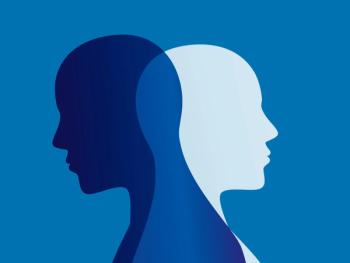
The medications are linked with reduced negative emotional bias, according to new research published in Biological Psychiatry.
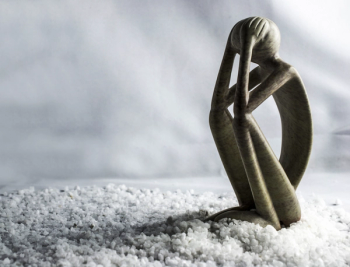
It is important that mental health professionals and providers look to newer approaches and methods to supplement the current standard of care.
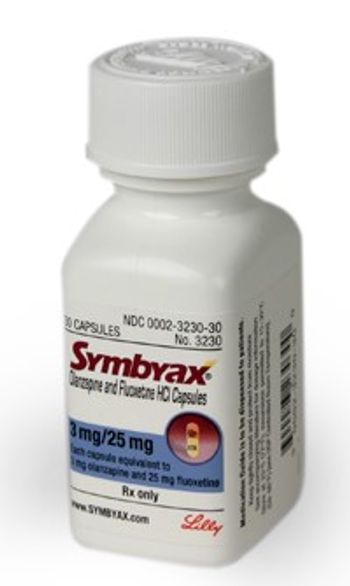
Symbyax combines olanzapine, an atypical antipsychotic, and fluoxetine, a selective serotonin reuptake inhibitor, indicated for acute treatment of depressive episodes associated with bipolar I disorder in adults.

Here are 9 tips for employers to address employees’ feeling of detachment, exhaustion, and reduced accomplishment.

More than half of women diagnosed with anxiety and/or depression said they waited at least 1 year before seeking treatment, or never sought treatment at all.
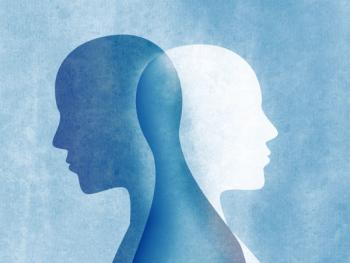
The analysis, results of which are published in The Lancer Psychiatry, also identifies genetic markers that seem to influence how quickly the body eliminates the medication from its system.

Agnieszka Sekula and Prash Puspanathan, MD, co-founders of Enosis Therapeutics, discuss the impact of therapeutic environment on the pharmaceutical effects of psychedelics.

We spoke with Agnieszka Sekula and Prash Puspanathan, MD, co-founders of Enosis Therapeutics, about the use of virtual reality in psychedelic-assisted therapy.

Specialty pharmacy is deeply engaged in providing treatment for conditions that are at high risk for mental health challenges.

When employees hint or openly share that they are feeling overextended, managers should acknowledge their concerns and work toward creative solutions.

Organizations should focus on improving employee well-being and reducing workplace stressors.

Larger increases were typically seen in states with fewer deaths related to COVID-19, lower unemployment among women, analysis finds.
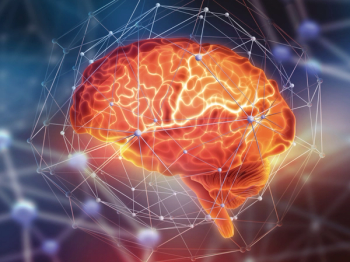
Serotonin syndrome generally occurs within 6 hours of a change in dose or addition of medication.

Sara Wettergreen, assistant professor in the department of Clinical Pharmacy and Department of Family Medicine at Skaggs School of Pharmacy and Pharmaceutical Sciences, discusses burnout and mental health concerns among pharmacy technicians.

Cara McNulty, president of Behavioral Health and Mental Well-Being at CVS Health, discusses a recently published survey from CVS Health Study on rising concerns of mental health in Americans.

Owning your time and scheduling self check-ins can help students avoid burnout.
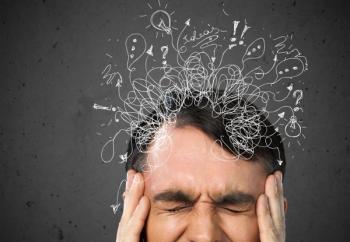
The companies expect to complete the submission to the FDA for MDD in the first half of 2022 and an associated filing for postpartum depression in 2023.
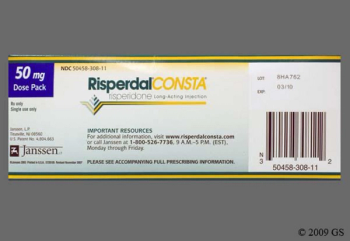
Risperidone (Risperdal Consta) is an atypical antipsychotic that can treat schizophrenia, bipolar disorder, and irritability caused by autism.
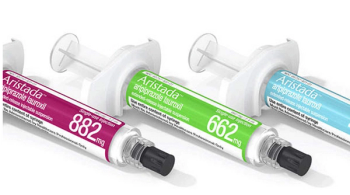
Aripiprazole Lauroxil (Aristada) is a long-acting injectable atypical antipsychotic for the treatment of schizophrenia in adults.

Intra Cellular Therapies’ Lumateperone is available in the 10.5- and 21-mg strengths and can also be used to treat depressive episodes associated with bipolar I or II disorder.
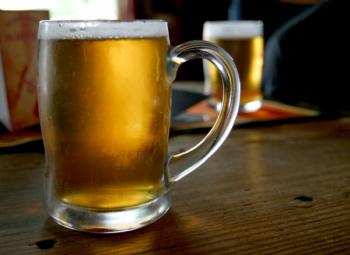
Communication and therapeutic skills can help pharmacists screen and educate patients about this sensitive subject.
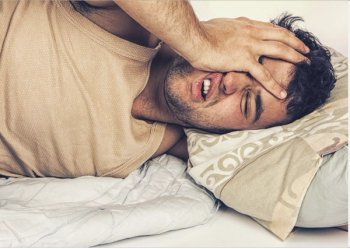
Depression can make people who have recovered from COVID-19 feel less enthusiastic in their daily lifestyle.

FDA-approved Disulfiram can safely reduce anxiety levels in rodents, analysis from the Tokyo University of Sciences and other Japan institutes finds.

Kelan Thomas, PharmD, MS, discussed potential adverse effects and drug-drug interactions that pharmacists should be aware of with psychedelic medicines.